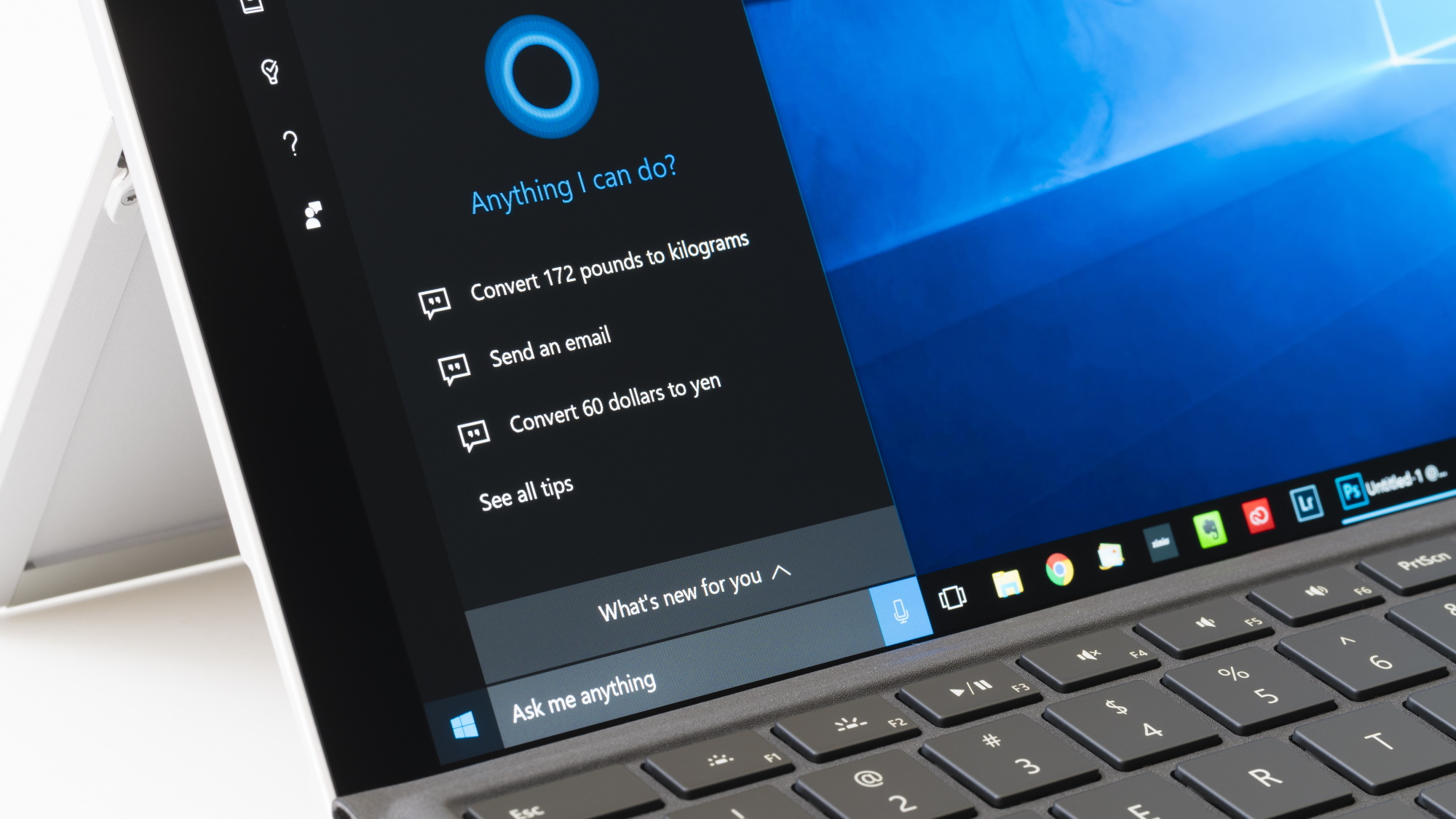Microsoft wants to listen to your voice recordings - but will ask for permission first
Privacy advocates now have the option to opt-out

Sign up for breaking news, reviews, opinion, top tech deals, and more.
You are now subscribed
Your newsletter sign-up was successful
Microsoft has confirmed some important changes to how it processes voice recordings. From now on, users of the company’s voice-enabled services like Cortana can decide whether their audio recordings are stored and analyzed by the company to improve speech recognition or not.
“If customers choose to opt-in, people may review these voice clips to improve the performance of Microsoft’s artificial intelligence systems across a diversity of people, speaking styles, accents, dialects, and acoustic environments,” John Roach, Microsoft’s Executive Architect of Digital Transformation Services, explained. “The goal is to make Microsoft’s speech recognition technologies more inclusive by making them easier and more natural to interact with… Customers who do not choose to contribute their voice clips for review by people will still be able to use all of Microsoft’s voice-enabled products and services.”
While individuals that opt-in to Microsoft's new policy may have their actual recordings listened to, even those that opt-out won’t have their privacy completely protected. Microsoft will still be able to access the transcriptions that are automatically generated by AI algorithms during audio engagements, for example.
- We've assembled a list of the best speech-to-text software available
- We've ranked the best text-to-speech software around
- And here's our list of the best voice recognition tools on the market
We can hear you
Microsoft’s decision to give users a choice as to whether their audio recordings are listened to or not is a reflection of the changing nature of the privacy debate. Many other major tech firms, including Google and Apple have also made efforts to improve user privacy of late.
The coronavirus pandemic has shifted the privacy policies at many firms, with workplaces often trying to harvest more information about their employees’ activities and platforms keen to capture more data in order to improve their services.
Although Microsoft’s change to its voice recording policy is likely to be welcomed by privacy advocates, the company’s Teams platform will surely continue to be scrutinized, after reports suggested that the digital solution was tracking more user information than strictly necessary.
- Also, check out our roundup of the best transcription services out there
Via ZDNet
Sign up to the TechRadar Pro newsletter to get all the top news, opinion, features and guidance your business needs to succeed!
Barclay has been writing about technology for a decade, starting out as a freelancer with ITProPortal covering everything from London’s start-up scene to comparisons of the best cloud storage services. After that, he spent some time as the managing editor of an online outlet focusing on cloud computing, furthering his interest in virtualization, Big Data, and the Internet of Things.
